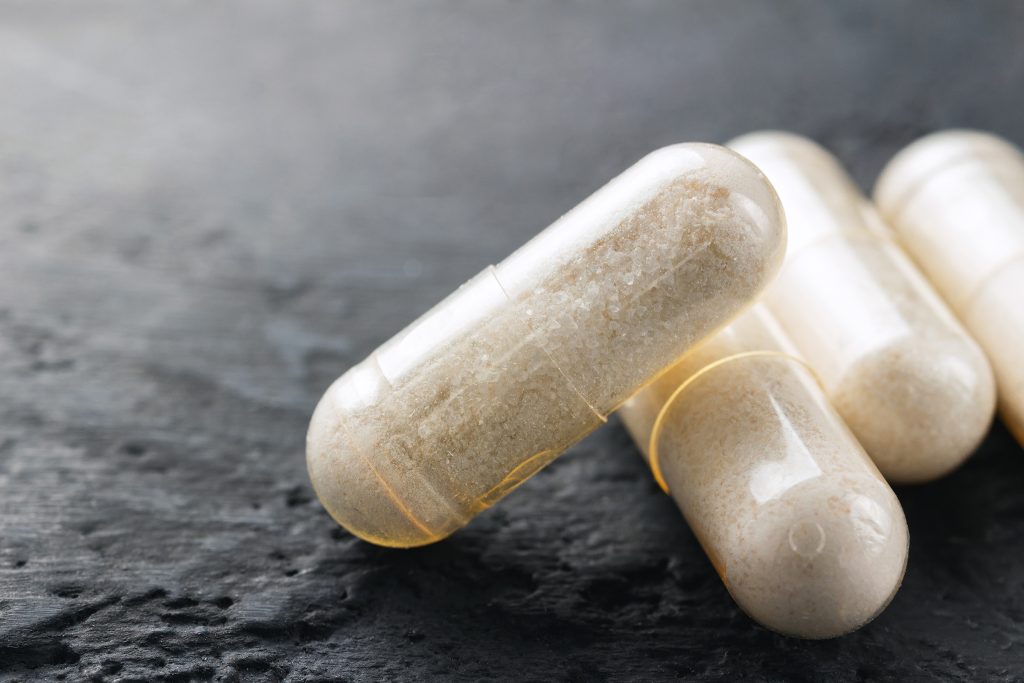Scientists have discovered an unexpected anti-aging agent in the form of an anti-inflammatory drug designed to inhibit an inflammatory molecule known as interleukin-11 (IL-11), which they found could extend the lifespan of mice by almost 20 percent.
This is surprising, Exciting developmentsScientists are trying to find ways to stop it, or Reverse aging For decades, inflammation has been thought to be a good thing: It helps our bodies fight disease and protect us from injury.
But too much of anything good can actually be bad: Too much inflammation can damage cells and accelerate aging in the body, so scientists wanted to know how effective anti-inflammatory drugs might be as anti-aging drugs.
And the results speak for themselves. Sure, 20 percent may not sound like a big number, but overall it adds up to several more years of life that people can spend with their families before they pass away. Of course, seeing these results in mice is no guarantee that we’ll see similar results in humans.
Clinical trials will need to test in humans how effective this IL-11-blocking anti-aging drug is at preventing aging in human cells. If successful, these drugs may one day be used to reduce the effects of aging, especially those caused by inflammation in the body.
Researchers also need to make sure that anti-aging drugs don’t completely eliminate inflammation, because a healthy dose of it is good for the body and promotes normal aging. We want to slow down the aging process, but not stop it completely, because the body needs to age to function properly.
There are currently several trials underway looking at how IL-11 therapy might affect the human body, particularly in patients with certain inflammatory diseases such as pulmonary fibrosis. But none of them are looking at the drug’s possible anti-aging effects.


